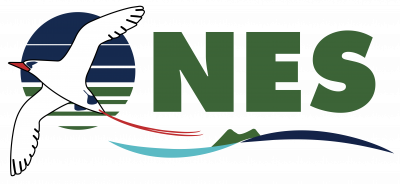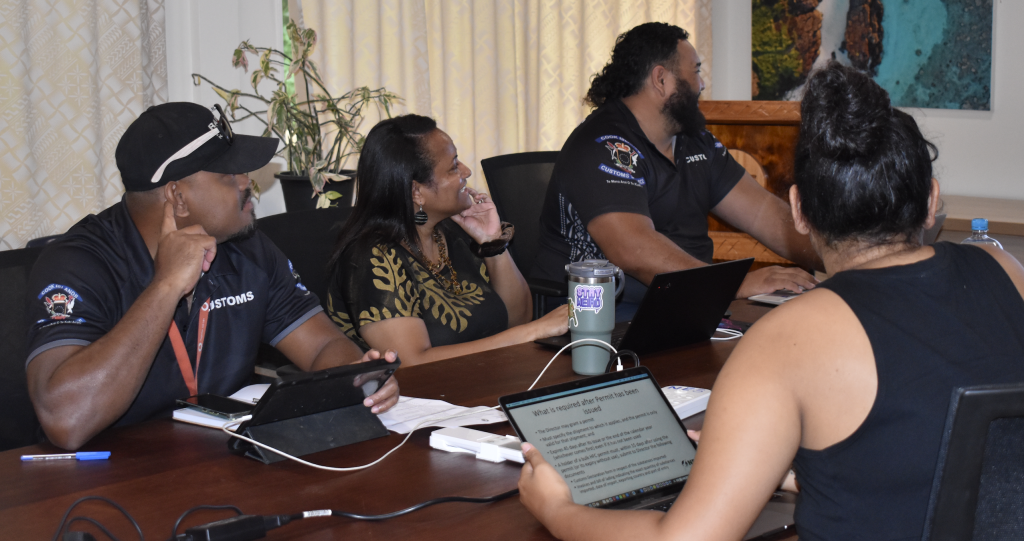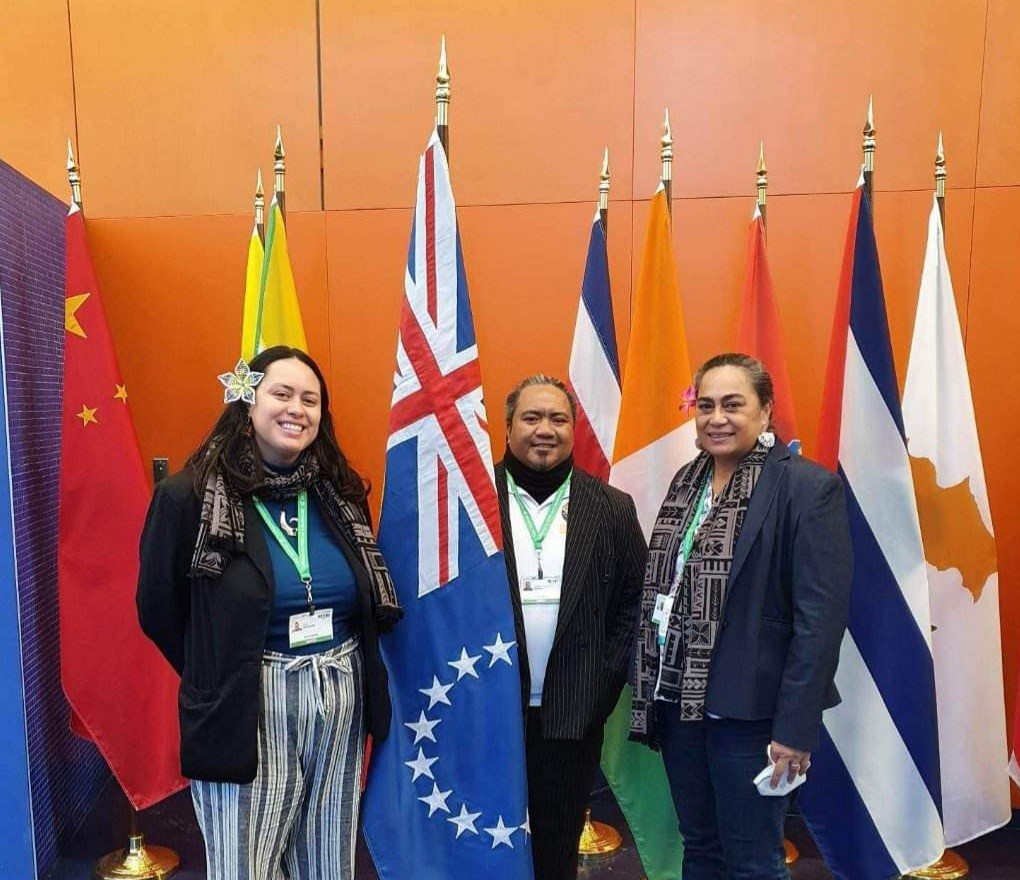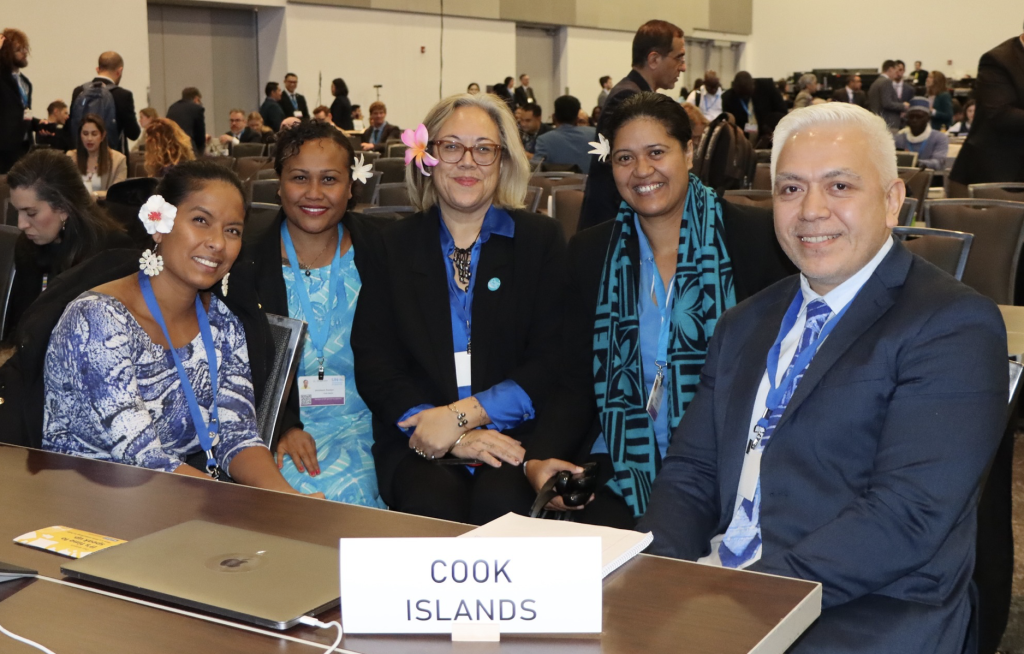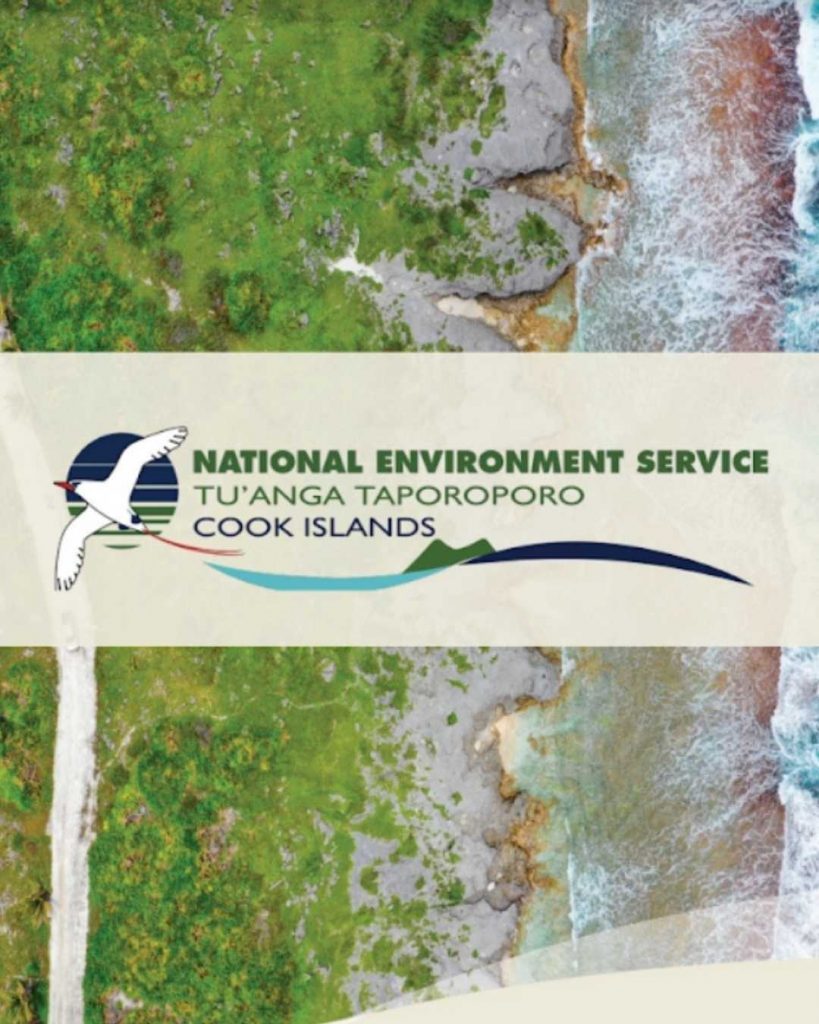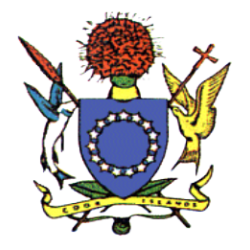A training workshop was conducted on the 12 February 2024 at the National Environment Service office in collaboration with the Customs service, Biosecurity and Customs Brokers in the Cook Islands. The one day training programme for enforcement officers was held as part of the Hydrochlorofluorocarbons (HCFC) Phase-out Management Plan of the Montreal Protocol on substances that deplete the Ozone Layer. The workshop was facilitated by Mrs Vika Rogers from the United Nations Environment Programme (UNEP) and Senior Environmental Partnership Coordinator, Ms Siana Whatarau.
The objective of this workshop was to provide Customs Officers and Boarder control stakeholders with practical skills necessary to monitor and control import of controlled and banned ozone depleting substances (ODS), detection and prevention of illegal trade of these substances. The workshop also highlighted the implementation of the Montreal Protocol Licensing system that controls and monitors the importation of controlled substances mandated under the Cook Islands Environment (Montreal Protocol) Regulations 2021. As of 2021, HCFCs are banned from entering the Cook Islands.
The training was excellent opportunity for the National Ozone Unit to strengthen relationship with border control team. Customs collaboration plays a crucial role in enforcing the Montreal Protocol regulations on controlled substances in the Cook Islands. Ms Siana Whatarau stated, “this training is a vital step to ensure the Cook Islands keep true to our obligations under the Montreal Protocol: to reduce HFC imports into the country. We could not effectively do this without the collaborative efforts of the customs department.” The NES is grateful to the border control team for their commitment to this training workshop and continuous hard work. For more information on the Montreal Protocol please visit NES website.
